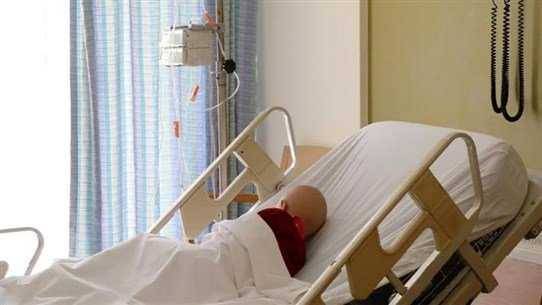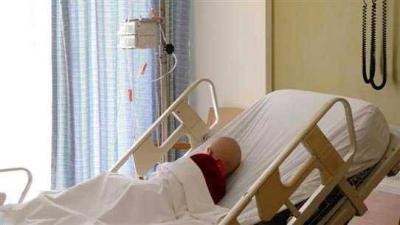Cancer patients in Lebanon, suffering from multiple tragedies as they continue to search for their missing medications, are now facing an additional fear following a warning from the World Health Organization (WHO) regarding a contaminated batch of a cancer drug distributed in Lebanon and Yemen. The WHO stated that the contaminated batch was identified after harmful effects appeared in children receiving the medication. This announcement has created panic among patients and their families, especially since a large number of them have begun relying on medications purchased from the black market due to the insufficient quantities available at health centers approved by the Ministry of Health.
Milad Daw, a father of a cancer patient, expressed that he has been buying medication for his son, who has bone cancer, from the black market at exorbitant prices: "My son’s advanced condition drives us to seek every possible means to secure the medication. Now, after the announcement of the contaminated batch, I feel that the world is closing in on us." He added in an interview with Asharq Al-Awsat, "We live in a country that can't even provide medication for its patients, where lives are traded without accountability; as if the suffering and tragedies the patient and their family endure are not enough to discover that the medication for which they sell everything they own is actually killing their children instead of healing them!"
Following the WHO's alert, Lebanon’s Ministry of Health quickly issued a decision to withdraw the counterfeit batch of the medical preparation referred to by the organization, specifically METHOTREX 50 mg (Methotrexate) used in cancer treatment, from the Lebanese market and to prohibit its circulation. The ministry clarified that "this medication is not registered in Lebanon and was smuggled into the country through illegal means." It confirmed that it "will continue to follow this file to expose those involved and take the necessary measures against them."
The Ministry of Health faces difficulties in controlling smuggled medications due to the shortage of subsidized drugs, particularly cancer medications, in the Lebanese market, alongside reduced funding allocated for the ministry, which forces it to leave certain entry points open at the borders to bring in missing medications. Hany Nassar, head of an association supporting cancer patients, pointed out that many Lebanese are now bringing medications for patients “in their travel bags,” but there are also networks and mafias trading in medications mainly coming from Turkey.
Nassar explained in a statement to Asharq Al-Awsat that the recently identified contaminated batch came from India, noting that the included medication is intended for leukemia patients and children, who are more susceptible to this type of cancer, and is also used by patients with rheumatism. He added, "The import of cancer medication is now also conducted through a number of pharmacies known in Lebanon, without oversight from the Ministry of Health, as the drugs imported by the ministry are enough for only 60 to 70 percent of cancer patients."
Previously, the Lebanese Central Bank supported these drugs with $115 million before the financial crisis, but the amount has now dropped to around $35 million distributed among cancer medications, other chronic illnesses, and medical supplies. Officials in the health sector have mobilized in response to the WHO alert. The head of the Pharmacy Syndicate of Lebanon, Dr. Joe Saloum, urged officials to "strictly prevent the entry of smuggled drugs into Lebanon under any circumstances; legitimizing the entrance of smuggled medications, not registered with the Ministry of Health and lacking global quality standards, is a deliberate act of murder against patients." He simultaneously called for "the expedited provision of good medication for patients and the formulation of a plan to directly support patients to enable them to purchase medications, especially after the financial capacity of Lebanese citizens has deteriorated."




